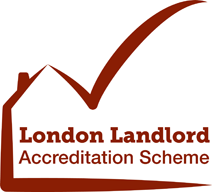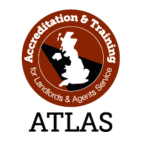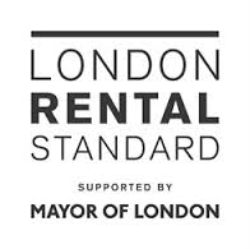London’s Rental Regulations: A Guide for Landlords
Being a landlord in London is a rewarding venture; however, it also comes with many regulations and legal responsibilities. Therefore, understanding and adhering to London’s rental limitations is crucial for a successful and hassle-free experience as a landlord. In the London landlord’s rental guide, we’ll provide an overview of critical rental rules in London. Additionally, we’ll outline the legal responsibilities of landlords and offer insights into avoiding common legal pitfalls.
Overview of London’s Key Rental Regulations
Housing Act 1988 and Housing Act 2004: These Acts govern the rental market in England, including London. They outline the legal framework for tenancy agreements, eviction procedures, and property standards.
Assured Shorthold Tenancies (ASTs): Most residential tenancies in London fall under the category of ASTs. These provide tenants with certain legal rights and landlords with specific legal obligations.
Deposit Protection: Landlords are legally required to protect tenants’ security deposits in a government-approved scheme. Failure to do so can result in penalties.
Energy Performance Certificate (EPC): Landlords must provide tenants with an EPC rating for the property before the tenancy begins. This certificate rates the property’s energy efficiency.
Gas Safety Certificate: If the property has gas appliances, landlords must inspect them annually by a Gas Safe-registered engineer and provide tenants with a copy of the gas safety certificate.
Electrical Safety Standards: New regulations (as of 2020) require landlords to have electrical installations inspected every five years by a qualified electrician. These reports must be provided to tenants.
Fire Safety Regulations: Rental properties must comply with fire safety regulations, including smoke alarms and carbon monoxide detectors.
Right to Rent Checks: Landlords are responsible for checking the immigration status of tenants to ensure they have the right to rent in the UK.
Legal Responsibilities of Landlords
Understanding your legal responsibilities as a landlord is essential for maintaining a lawful and harmonious tenancy:
Maintenance and Repairs: Landlords must keep the property in a good state of repair and address maintenance issues promptly.
Safety Standards: Ensure the property meets all safety standards, including gas and electrical safety, fire safety, and safe furniture and furnishings.
Deposit Protection: Register the tenant’s security deposit in a government-approved scheme and provide the required information within 30 days of receiving the deposit.
Right to Privacy: Respect the tenant’s right to privacy. Give proper notice before entering the property, usually 24 to 48 hours.
Tenancy Agreements: Provide a written agreement with critical terms and conditions, such as rent amount, payment schedule, and notice periods.
Rent Collection: Collect rent promptly and consistently and provide tenants with receipts.
Right-to-rent Checks: Conduct thorough right-to-rent checks on all adult tenants.
Tenant Notice and Eviction: Follow the correct procedures to end a tenancy or evict a tenant, and do not engage in illegal eviction.
Avoiding Legal Pitfalls as a Landlord
To stay compliant with rental regulations and avoid legal issues, consider the following:
Stay Informed: Keep up-to-date with changes in rental laws and regulations. Attend landlord seminars or consult legal professionals if needed.
Proper Documentation: Maintain thorough records of all communications, inspections, repairs, and financial transactions related to your rental property.
Regular Inspections: Conduct regular property inspections to identify early maintenance issues and ensure safety standards compliance.
Communication: Maintain open and respectful communication with your tenants. Address their concerns promptly to prevent disputes.
Legal Assistance: In complex situations or disputes, seek legal advice to ensure your actions align with the law.
Professional Services: Consider hiring property management or legal professionals to handle complex property management and legal matters.
In conclusion, navigating London’s rental regulations is essential for landlords. It helps maintain a positive landlord-tenant relationship, avoid legal pitfalls, and ensure a smooth and lawful rental experience. Moreover, staying informed, fulfilling legal responsibilities, and seeking professional assistance when necessary are critical steps in achieving success as a landlord. For comprehensive guidance and the latest updates on rental regulations in the UK, including those specific to London, I highly recommend referring to the official government resource at GOV.UK. This valuable source will provide essential information and resources to navigate the rental landscape effectively, ensuring a successful experience in this vibrant and dynamic city.

















